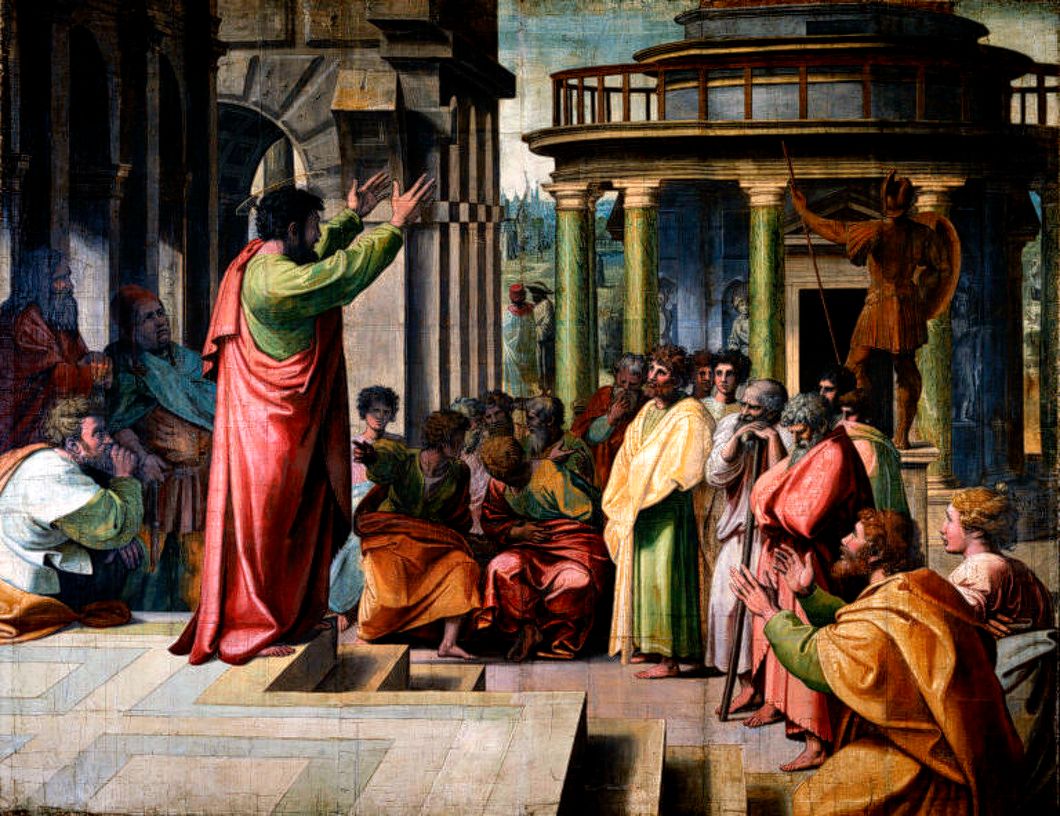There is an annual apologetics conference held in Charlotte, North Carolina, which features mainline speakers as well as breakout sessions and workshops. The topics covered in all the sessions ranged from engaging other religions, science and Christianity, different theories of creation, various approaches to defending the faith, gender, and so on. The conference was a pleasant experience overall, and there are several things I would like to highlight.
I typically like to attend different workshops that have not been covered before but that I am roughly familiar with. I attended workshops delving into the questions of gender, spiritual disciplines, methods or approaches on defending the faith, and so on. In a nutshell, the workshop on gender covered a wide range of questions about human beings that impact the debate about whether gender is a social construction or something unalterable/innate to human nature, which in turn impacts the debate about transgenderism. Those questions concern things like how we should think about what a human is; whether there is an objective, identifiable purpose/telos for human beings; and the relationship between biological sex and gender.
This workshop was my favorite for two reasons. First, the lady giving the presentation gave a nice context that made it easy to follow where the discussion was headed. I could see how all the points were connected to each other. It wasn't just her tackling the question of gender as an isolated topic. She treated it as a question within the context of a host of other big questions about human beings, God, and so on.
The second reason I enjoyed her workshop the most was because she provided citations for claims about the current scientific evidence related to transgenderism. This is very important to me because it shows me that she isn't trying to hide anything or pull the wool over anyone's eyes. If you don't want anyone to have the chance to question what you're saying, just hide the data from them.
My second takeaway is that I met an atheist named Marcel. Marcel is enrolled as a Ph.D. student in economics at George Mason University, and he also attended the conference. We had a few very pleasant and stimulating conversations. When we all went out for dinner afterward, I made it a point to tell him how admirable it was for him to attend the conference – which was primarily for Christians – which showed a great deal of courage.
It would be akin to a pro-choice advocate attending a pro-life conference or rally. You sometimes risk hostility – which is very unfortunate in those cases – when you go to those kinds of events. It was honestly a real delight meeting someone who is on the outside of Christianity.
Third, this is primarily a point of criticism towards the Body of Christ – in certain contexts – based on a workshop I attended. I attended a workshop on practicing the presence of God. Even though this is centrally important in personal discipleship in the context of defending the faith, it's not what I'm about to elaborate on. At the end of the talk, I had pointed out that the ideas of "virtue," "disciplines," and "habit formation" are not commonly heard from the pulpit and in my experience of small groups.
I am talking about churches that don't fall in the category of "high churches" or "liturgical churches," such as Presbyterian, Lutheran, Anglican, Orthodox, and Roman Catholic. Most churches I have attended have been Baptist and Nondenominational. Just so we are clear, I am not saying that all churches that are Baptist and Nondenominational are guilty of what I am about to say. I am only speaking of certain ones in my limited experience.
In my view, the fact that virtue, habit formation, and cultivating the spiritual disciplines are not often discussed from the pulpit and in small groups – in my experience – is honestly telling for two reasons. One, these things are generally not going to be part of the answer when unbelievers and other Christians are asked, "What do you admire or appreciate about your Christian friends?" Yes, Christians will be described as loving, compassionate, giving, and so forth. Those are fundamentally important, and I am not underestimating their importance.
But I honestly question whether qualities like being wise, knowledgeable, discerning, prudent, open-minded, sensitive towards truth, reasonable, trustworthy, etc., will frequently be part of the answer for unbelievers and other brothers and sisters in Christ.
What is often talked about from the pulpit and in small groups? Relationships, following Jesus' commands, witnessing, reading the Bible, praying, fleeing from sin and temptation, and so forth, which are all important. But when was the last time you heard your pastor talk about the importance of virtue, spiritual disciplines which are connected to your flourishing, and forming good habits of moral and intellectual character? I would dare say maybe 10% of the time at the most.
Here's why I'm bringing this up. Whether we are truly virtuous believers and consider that to be important will impact how others see us from the outside. How can other people see me as someone to take seriously at all if I don't know what I'm talking about and don't listen well and ask good questions? All of that takes a lot of practice. If Christians expect to make a difference, they must take those things seriously.
Overall, I enjoyed the conference and hope to go back next year. I walked away feeling inspired to want to be better in pursuing the kingdom of God and becoming more like Christ. It is my hope that I will grow every day because it takes a lot of hard work and dependence on God to become the man I'm meant to become. Sola de Gloria!




















